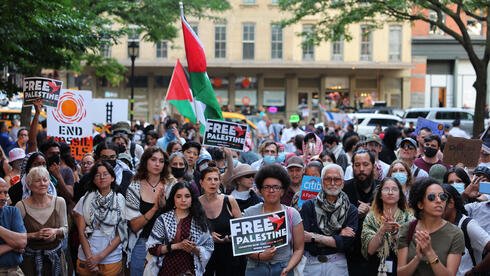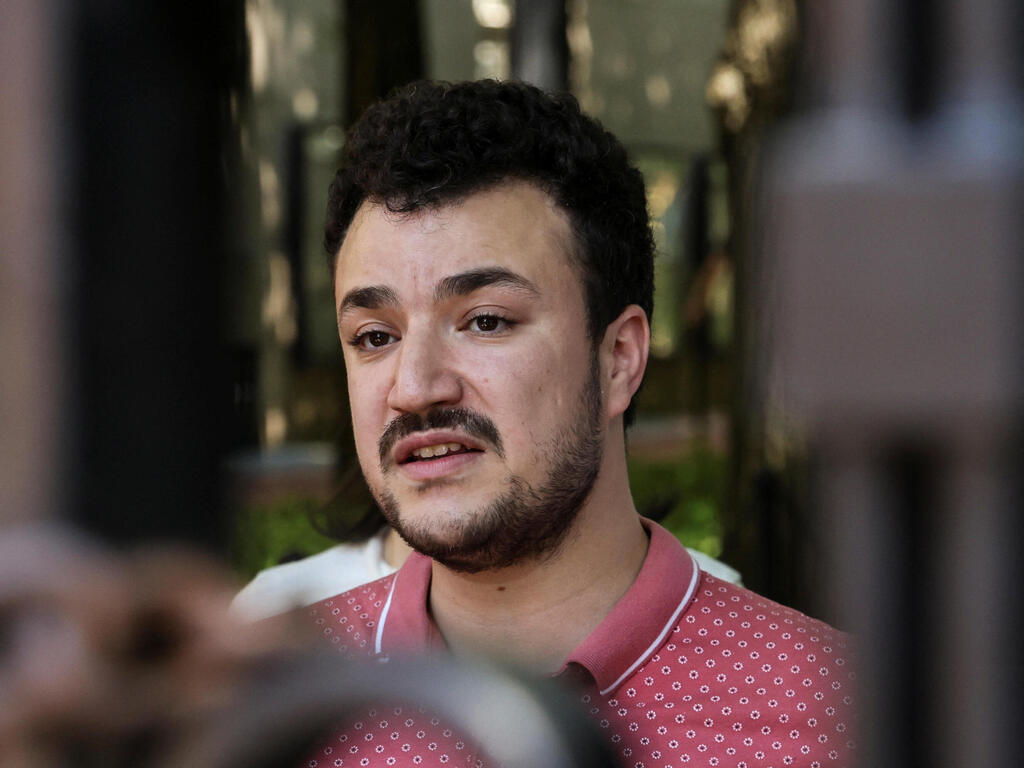SJP chapters at the University of Michigan, University of Washington, and University of California, Berkeley were highlighted for having tens of thousands of followers and posting content that openly supported Hamas. UC Berkeley’s SJP account posted a message on October 7 describing the attack as a “revolutionary moment,” which received more than 2,300 likes.
CAM's Antisemitism Research Center (ARC) report said the spread of this material could endanger not only students exposed to extremist messaging but also increase the risk of radicalized individuals engaging in violence or self-harm.
In total, approximately 50% of the monitored accounts shared content likely violating Meta’s guidelines. However, the report notes that only a fraction have been removed. Of the 143 documented SJP accounts associated with active chapters, just 11 were no longer accessible as of the report’s publication. Six of those were confirmed to have been suspended by Meta.
University responses varied. Of 89 verifiably affiliated SJP chapters, 17—or about 19%—have been suspended or derecognized by their institutions. Two chapters, at Columbia University and Rutgers University-New Brunswick, were suspended by both Meta and their respective universities. Fifteen others, including at UCLA, UC Irvine, and the University of Michigan, were suspended by their universities but remained active on Instagram.
The report argues that universities have been more effective than Meta in addressing hate speech and incitement through enforcement of student conduct codes.
SJP was founded in 1993 at UC Berkeley and has grown to include over 350 chapters nationwide. The report calls SJP “the leading antisemitic group on American college campuses,” citing its history of supporting Palestinian terrorism and its stated goal of dismantling the State of Israel. FSJP, composed of faculty and staff, holds similar positions and often shares coordinated content with SJP.
CAM’s findings follow a broader surge in antisemitism in U.S. higher education. ARC recorded 742 antisemitic incidents at colleges in 2024, a 121% increase from the previous year. Of these, 664 were categorized as anti-Zionist or Israel-related.
The report concludes with recommendations for Meta, universities, and lawmakers. CAM urged Meta to ban SJP under its “Dangerous Organizations and Individuals” policy and to enforce content restrictions against antisemitic symbols such as Hamas’ red triangle. It also called on universities to revoke recognition and funding from SJP chapters that violate codes of conduct. “Stopping incitement is not censorship,” Roytman-Dratwa said. “It’s a defense of democracy.”


